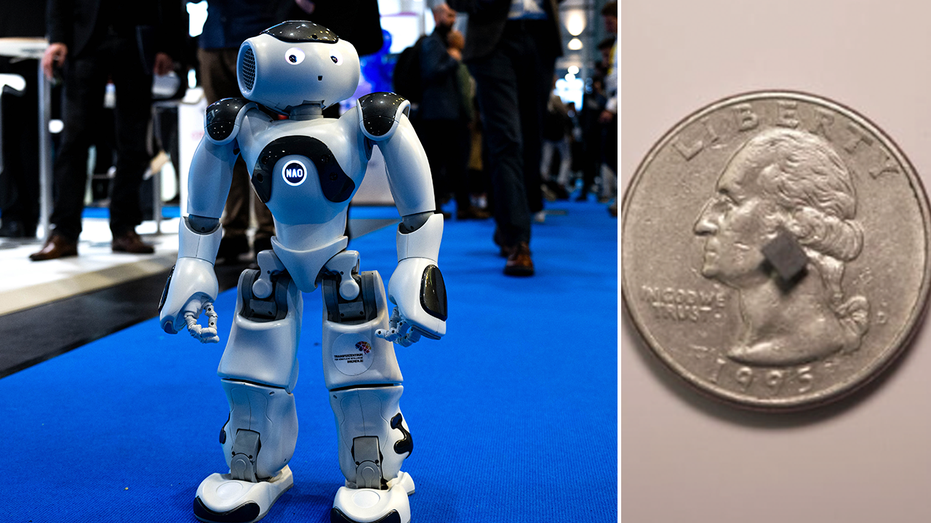Are you using AI in your shoes? Artificial intelligence is the company's goal when it comes to accessories.
Tiny systems powered with artificial intelligence could transform everyday products like dishwashers and construction helmets into smarter, safer devices

The integration of artificial intelligence into ordinary goods, such as microwaves and sneakers, is imminent due to the development of machine learning programs that can be stored on microchips the size of pennies.
"Go forward, your shoes will recognize that you put on five pounds over the Christmas season and will modify the cushion appropriately. Yubei Chen, co-founder of the artificial intelligence startup Aizip, told Fox News that the workers' safety helmets will recognize when they are fatigued and will prompt them to take a break. "Your microwaves, we can put AI into it so that you can interact with your natural language."
Aizip recently developed a process to create small, specialized AI systems that could be used in products like household appliances, clothing and manufacturing equipment. While large AI models such as ChatGPT demand significant processing power and require massive data centers in order to operate, tiny AI tools capable of collecting, storing and analyzing data can physically fit on whatever item is using the tech.
"We're bringing intelligence into daily life, making life safer, more intelligent," Yan Sun, CEO of AI company Aizip, told. "We believe the small models can really benefit society."
Small AI devices could allow smart refrigerators that identify the nutritional value of their contents, ovens that set cooking parameters based on food type and face-recognizing coffee machines that tailor orders to each individual, according to Aizip research. One tiny system the company created — housed on a chip smaller than a dime with enough room to hold additional applications — was a human activity tracker that uses AI to gather and analyze motion data.
Tiny machine learning capabilities are crucial for what's called pervasive AI, the notion that nearly any object could become intelligent, Sun previously told Fox News.
"We put eight different AI models, vision, audio, time series models onto these tiny devices," Chen said. "We have, overall, developed more than several hundred different models."
Other AI systems the company could create include those capable of monitoring pipeline data to prevent leaks or integrity issues, identifying human voices among ambient noise and analyzing satellite and ground-based sensor data to track wild animals, Chen previously said.
The company hopes to create AI systems that can be manufactured for a few cents, Sun told Fox News.
"We're continuing to build our models to be more efficient, reduce the human in the loop [and] reduce the cost so that we can really democratize the models," Sun said.






















